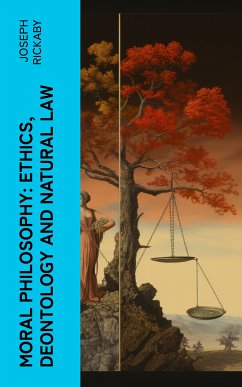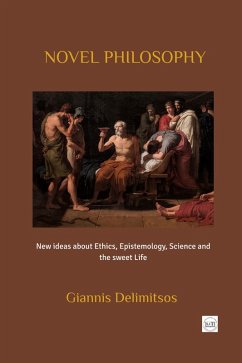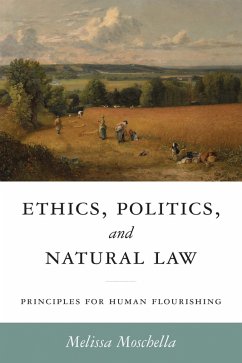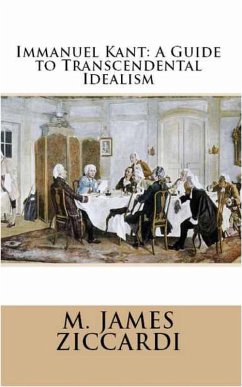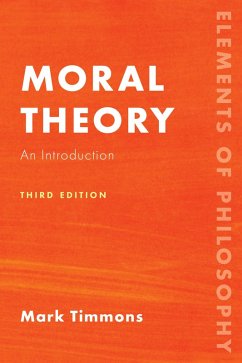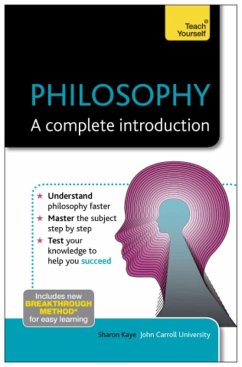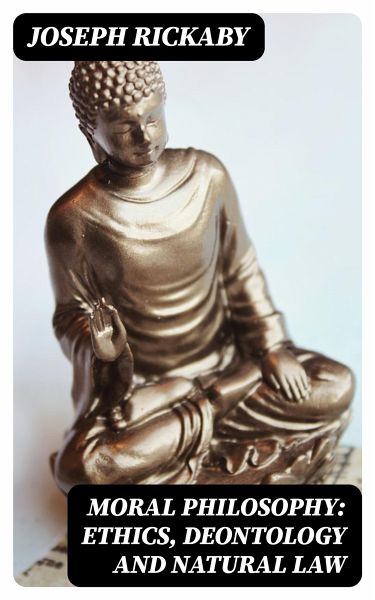
Moral Philosophy: Ethics, Deontology and Natural Law (eBook, ePUB)

PAYBACK Punkte
0 °P sammeln!
In "Moral Philosophy: Ethics, Deontology and Natural Law," Joseph Rickaby presents a comprehensive examination of the fundamental principles of moral philosophy, weaving intricate discussions on ethics, the intricacies of deontological ethics, and the natural law tradition. His prose elegantly balances accessibility with scholarly rigor, making complex philosophical themes relatable. Set against the backdrop of the late 19th-century intellectual discourse, Rickaby draws upon the works of prominent figures such as Aquinas and Kant to explore the intersections of moral duty and human agency, off...
In "Moral Philosophy: Ethics, Deontology and Natural Law," Joseph Rickaby presents a comprehensive examination of the fundamental principles of moral philosophy, weaving intricate discussions on ethics, the intricacies of deontological ethics, and the natural law tradition. His prose elegantly balances accessibility with scholarly rigor, making complex philosophical themes relatable. Set against the backdrop of the late 19th-century intellectual discourse, Rickaby draws upon the works of prominent figures such as Aquinas and Kant to explore the intersections of moral duty and human agency, offering readers a rich tapestry of ideas that resonate with contemporary ethical dilemmas. Joseph Rickaby, a Jesuit priest and philosopher, was profoundly influenced by both his religious background and the pressing moral questions of his time. His academic work was characterized by a synthesis of faith and reason, which shaped his approach to moral philosophy. This context, combined with his role as a lecturer at various institutions, enabled him to engage deeply with the philosophical challenges of his era, ultimately leading to the creation of this essential text that reflects both a personal and a universal quest for understanding human morality. I highly recommend "Moral Philosophy: Ethics, Deontology and Natural Law" to scholars and students of philosophy alike, as well as anyone interested in the moral frameworks that govern human behavior. Rickaby's insights encourage readers to reflect on their ethical beliefs and the philosophical principles that underlie them, making this book an indispensable resource for those seeking to navigate the complex moral landscape of the modern world.
Dieser Download kann aus rechtlichen Gründen nur mit Rechnungsadresse in A, B, BG, CY, CZ, D, DK, EW, E, FIN, F, GR, H, IRL, I, LT, L, LR, M, NL, PL, P, R, S, SLO, SK ausgeliefert werden.




